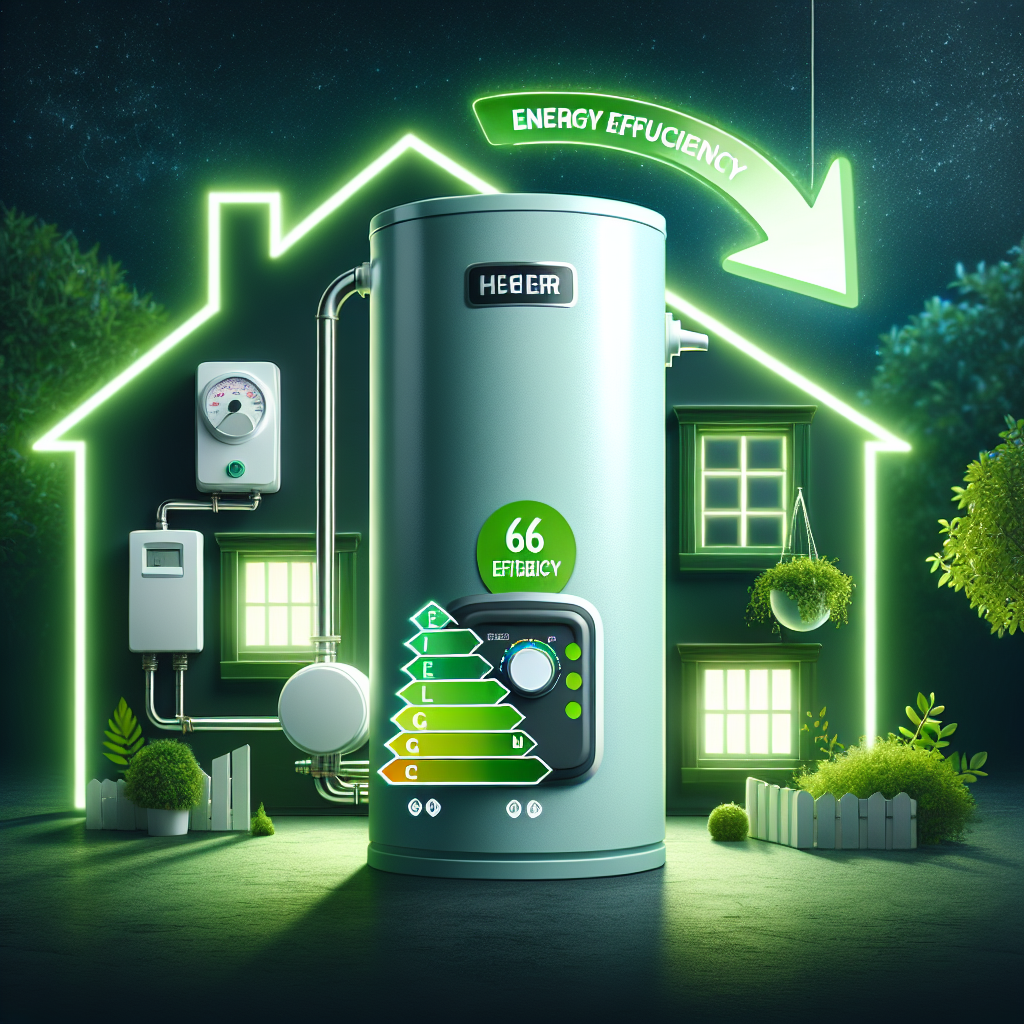Water heaters are a necessary part of modern living. Whether you’re taking a refreshing shower, washing dishes, or doing laundry, their role is essential. However, they also account for a significant portion of your energy bill. With rising energy costs and growing environmental concerns, it’s time to make your water heater more energy-efficient. Here are some practical and human-friendly energy efficiency tips for your water heaters.
Understanding Your Water Heater
Before diving into ways to improve efficiency, it’s essential to understand how water heaters work. Most households utilize either tank or tankless water heaters. Tank water heaters store and heat water in a large tank, while tankless models heat water on demand. Regardless of the type, knowing how your water heater operates will help you identify areas for improvement.
Regular Maintenance is Key
Just like your car, your water heater needs regular check-ups.
-
Flush the Tank Annually: Sediment builds up in the tank over time, making it less efficient. Flushing the tank once a year keeps it running smoothly and can improve efficiency by up to 30%.
-
Check the Anode Rod: This metal rod helps prevent corrosion in the tank. Make sure it’s in good condition; if it’s corroded, consider replacing it. This simple step can prolong the life of your water heater.
- Inspect for Leaks: Regularly check pipes and connections for leaks. Even a small drip can lead to significant energy waste over time.
Optimize Temperature Settings
The temperature of your water heater can greatly impact energy usage.
-
Set It Right: Set your water heater’s thermostat to 120°F (49°C). This is hot enough for most tasks, helps prevent scalding, and can save you around 10% on heating costs for each 10°F reduction.
- Use Timers: If you have an electric heater, investing in a timer can help. Set it to heat water during off-peak hours.
Insulate for Efficiency
Insulation isn’t just for your home—your water heater can benefit as well.
-
Insulate the Tank: An insulation blanket can keep heat from escaping, which helps the heater work more efficiently. Ensure it’s designed for your tank type and local climate.
- Insulate Pipes: Insulating hot water pipes reduces heat loss as water travels from the heater to the faucet. This means you’ll get hot water faster, reducing the need to run the tap longer.
Upgrade When Necessary
Sometimes, the most efficient option is to invest in a new water heater.
-
Consider Energy Star Models: When upgrading, look for Energy Star-rated water heaters. They meet strict efficiency guidelines and can save you considerable money over time.
- Tankless Option: If you’re open to it, a tankless water heater can be a wise choice. It heats water on demand, eliminating the standby energy loss common with traditional tank models.
Use Water Wisely
Your water usage habits directly affect your heater’s energy efficiency.
-
Fix Leaks: Unattended leaks can waste not just water but energy too, as additional hot water tries to replace what’s lost.
-
Limit Showers: Take shorter showers and encourage family members to do the same. Every minute saved can cut costs and conserve energy.
- Wash Full Loads: When doing laundry or dishes, always run full loads. This maximizes energy and water use.
Future-Proof Your Investment
As technology evolves, consider the future needs of your household.
-
Smart Water Heaters: Smart technology can help you monitor and control energy usage. Look for smart thermostats and water heaters that can adapt to your lifestyle.
- Solar Water Heaters: If you’re feeling adventurous, consider a solar water heater. They harness free energy from the sun, which can lead to substantial cost savings in the long run.
Conclusion: A Greener Tomorrow Starts Today
Improving the energy efficiency of your water heater is not just about saving money—it’s about contributing to a healthier planet. By implementing these tips, you’ll not only reduce your utility bills but also help reduce environmental impact. So, take action today: care for your water heater, adjust your habits, and consider sustainable options. After all, every little bit helps when it comes to creating a more sustainable future.
Call to Action
Ready to make your water heater more efficient? Start by stringently maintaining your current unit, adjusting its settings, and keeping an eye out for new technologies. Let’s work together for a better planet and a lighter wallet!


